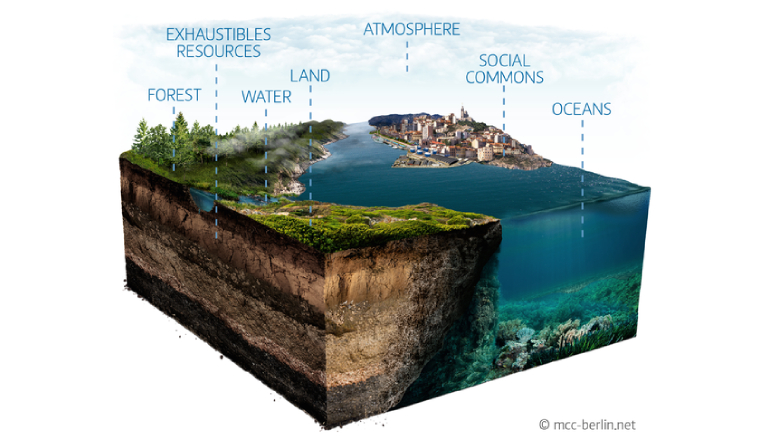A meta-study aimed to investigate the impact of carbon pricing on emissions.
Researchers from the Mercator Research Institute on Global Commons and Climate Change analyzed 17 global climate policies using artificial intelligence and a new calculation method. The findings were published in Nature Communications.
The empirically measured impact of carbon pricing systems during their initial years of operation ranges from 5 to 21 percent reductions in emissions.
The research team identified 17,000 relevant studies using literature databases and machine learning methods. They extracted key data from surveys on the impact of carbon pricing, implementation type, scope, timing, and observation period.
Focus areas and findings:
The study focused on pilot systems in China, EU emissions trading, British Columbia, Canada, the US, Australia, Canada, Finland, Japan, Sweden, Switzerland, South Korea, the UK, and the USA.
Empirical data indicates that carbon pricing in Chinese provinces has significantly improved emissions balance, with the effect amplified by offensive policy design and low CO2 avoidance costs.
The research team argues that the debate over carbon pricing, whether through emissions trading or a tax, is more significant than the issue itself.
Authors’ notes:
Ottmar Edenhofer, Director, MCC, and a co-author of the study said, “The conflict of beliefs over the core instrument of climate policy can be resolved with facts. Calculation concept is also suitable for updates.”
“This research can help set to rights the debate on the fundamental orientation of climate policy,” he said.
“Politicians have repeatedly questioned the efficiency of curbing greenhouse gas emissions through pricing, and often focus excessively on bans and regulation instead. A policy mix is certainly needed as a rule, but the conflict of beliefs over the optimal core instrument of climate policy can be resolved with facts.”
“The emissions impacts of more than 50 further carbon pricing systems have not yet been scientifically evaluated,” said Niklas Döbbeling-Hildebrandt, PhD student in the MCC working group Applied Sustainability Science and lead author.
“Also, the recent significant rise in carbon prices has not yet been taken into account. Our systematic literature review highlights the potential for methodological improvement for precise and bias-free surveys. New standards and further fieldwork in this area are therefore important. Comprehensive and meaningful research syntheses are needed, including on the effectiveness of other policy instruments, so that climate policymakers know what works.”

